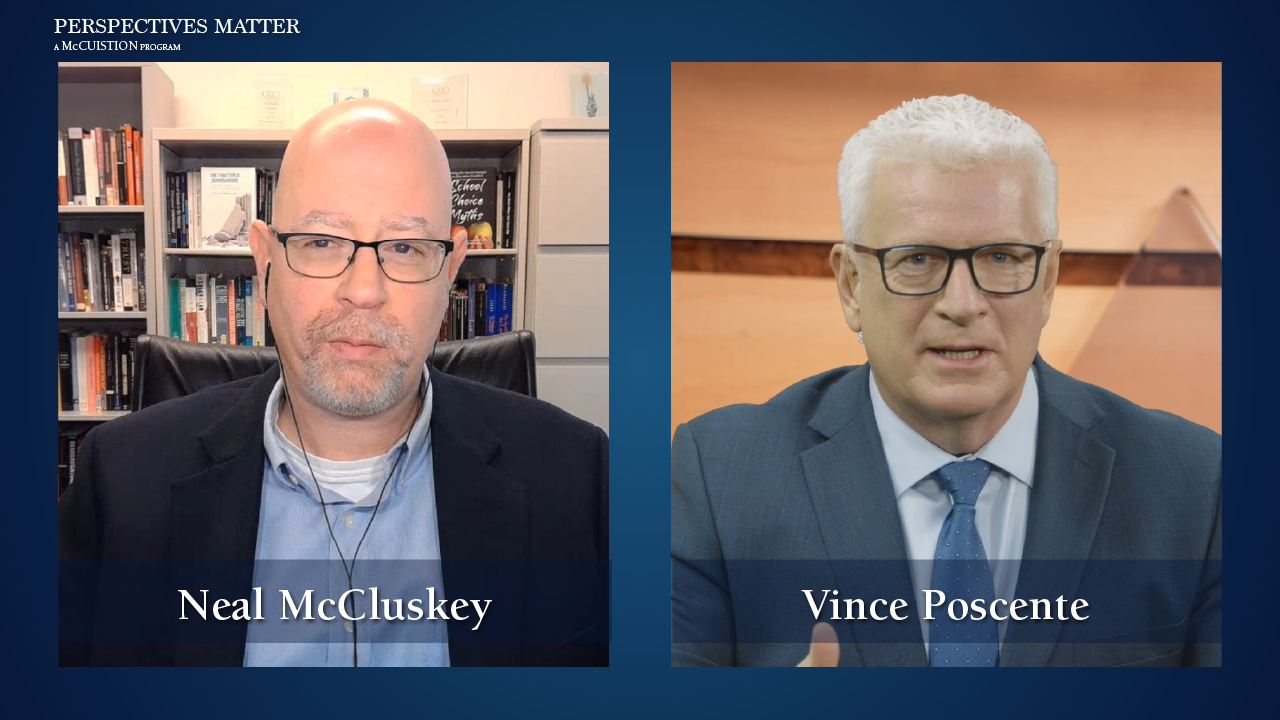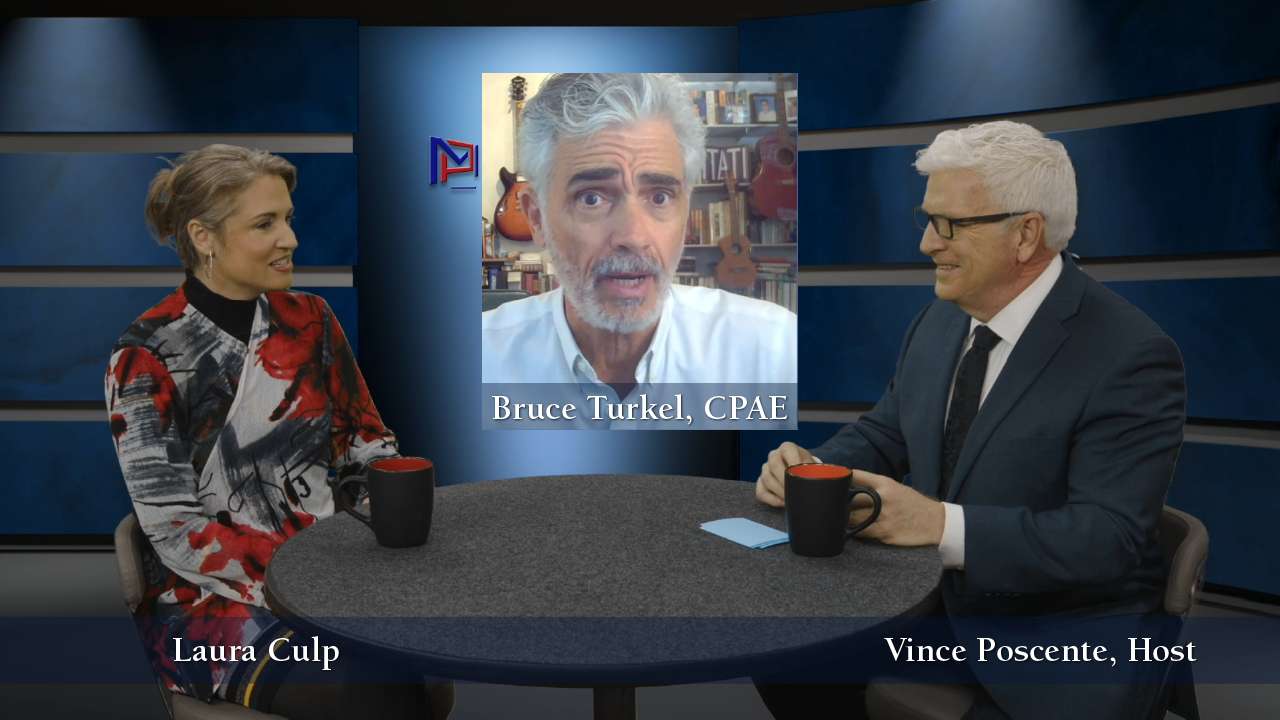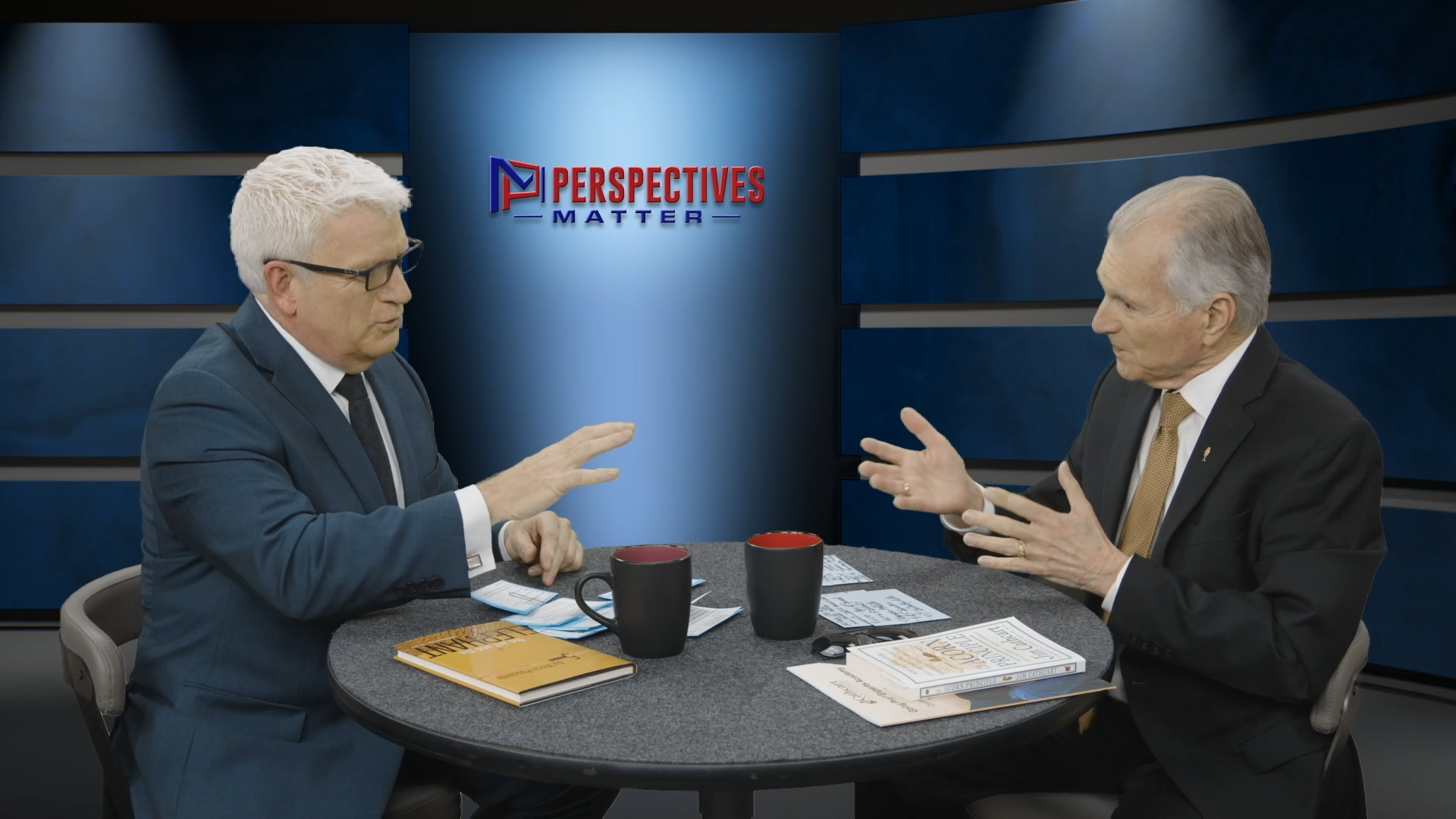Whistle blowing is one of the most powerful enforcing mechanisms we have and one of the strongest tools of enforcement that the Justice Department has today. And while whistle blowing and the fraud that it uncovers is a hotly debated topic, its roots go back centuries.
Join hosts Dennis McCuistion and Jim Falk in a conversation on whistle blowing and the controversy surrounding it with two of today’s foremost experts:
- Marianne Jennings, JD, Professor Emeritus, Arizona State University; Author of: The Seven Signs of Ethical Collapse and
- Tom Mueller PhD, Author of: Crisis of Conscience- Whistle blowing In An Age of Fraud
- … and hear from Richard M. Bowen, the Citigroup whistle-blower about his challenges as a whistle blower.
 |
|
|
L to R: Jim Falk, Marianne Jennings and Dennis McCuistion
|
In the United States, we’ve had whistle blowing from the beginning of this country’s formation, going back to 1778 when ten Navy military aides reported their supreme commander, the Commodore of the U.S. Navy, for dereliction of duty and abuse of British prisoners.
The Continental Congress not only did not jail them, but it also passed a law saying it was the right of all citizens of the Republic to report wrongdoing by public officials.
Their legal fees were paid for, and they received documents that proved wrongdoing by the Commodore.
 |
|
|
Tom Mueller
|
In 1863, during the height of the Civil war, our own President Lincoln brought charges against defense contractors for robbing the Union Army blind. He helped pass the Lincoln Law – otherwise known today as the False Claims Act – that allows individual citizens to become private attorneys general and prosecute fraud on behalf of the country’s citizens.
Yet even with its legitimate roots, whistle blowing for some labels a whistle blower as being a snitch or a traitor.
Our guests discuss how whistle blowers expose fraud or unethical wrongdoing in an organization usually after trying to fix the situation yet to no avail, putting their careers in jeopardy.
One of the questions Tom Mueller has asked of whistle blowers in his book is, “Would you do it again?”. Tune in for the surprising answers and for a fascinating discussion on the psychology of whistle blowing and why it serves a unique and necessary purpose- in both government and corporate life.
Thank you for your continued support. The McCuistion Program, a 501(c)(3) tax exempt organization does not receive any KERA pledge dollars, PBS funds or government grants. The funding which has kept us on the air for 29 years comes from our grantors and viewers.
If you want to catch up on any past McCuistion programs, you can watch them at your convenience by visiting www.McCuistionTV.com. Click on “Watch Full Episodes,” then search or scroll down to the one you want to see, or simply follow this link.
Your financial contribution is keeping us on the air. Every dollar you donate makes a difference. This is especially important as we do not receive any funding from PBS or other public sources.
We appreciate you,
Niki McCuistion, CSP
Co-founder/ Executive Producer
Certified Speaker, Coach, Consultant
Strategist in organizational culture.
(214) 394-6794
Many thanks for your continued support!
Be sure to watch more McCuistion TV programs.





